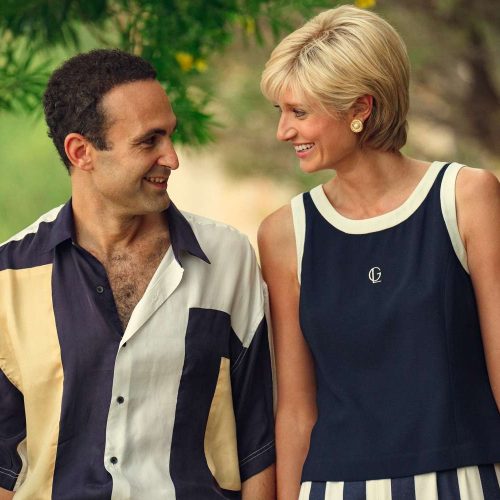Throughout 2023, Hollywood has managed to consistently frustrate the inhabitants of the Middle East and North Africa for misrepresenting their history on practically every occasion they had to accurately portray it. Despite being only a few weeks away from the new year— which would’ve been the ideal moment to turn the page and start with a clean slate— another country from our side of the planet is, once again, voicing its upset after American film director Antoine Fuqua cast Denzel Washington to take on the role of the late Carthaginian emperor Hannibal in an upcoming Netflix film.
The forthcoming feature, which is still in the production phase, is poised to trace the life of one of history’s greatest military tacticians who was born in Carthage (present-day Tunisia.) However, the decision to star a black actor has sparked substantial amounts of criticism in the North African country, which is the historical birthplace of the praised war hero. Following the announcement of Washington’s role in the Netflix original film, several prominent figures, including politicians, journalists, and polemists, rushed to express their discontent with the casting.
Inundating social media feeds, television reports, and newspapers, the most popular discourse opposing Washington’s casting predominantly hinges on an alleged “historical error”— per Tunisian daily newspaper La Presse— as Hannibal’s representation could potentially be misconstrued by global audiences. Born in what is now modern-day Tunis, experts overwhelmingly agree on his Phoenician roots: a Semitic culture from the Levant, Phoenicians were distinctively associated with having fair or olive skin tones.
“There is a risk of falsifying history: we need to take position on this subject,” said Member of Parliament, Yassine Mami. “This is about defending Tunisian identity and listening to the reactions of civil society,” he added.
The widely shared stance has crystallized into an online petition that has already been signed by 1,300 people, urging Netflix to “cancel its pseudo-documentary.” Across various social media platforms, online users did not hesitate to contribute to the discourse, with some raising concerns about the multi-award-winning actor’s age, arguing that it might not align with the historical timeline of Hannibal’s life.
1. Hannibal was not black
2. Hannibal was 29 when he crossed the alps. Denzel is 68, older than Hannibal was when he died! https://t.co/RC3Z6qpmyB
— Disgruntled Homo (@Takesfordays) December 12, 2023
This is the third time this year that a film adaptation of the life of an era-defining figure from our region is marred by controversy due to casting choices. The scrutiny began with Jada Pinkett-Smith’s Cleopatra, which was dragged for casting a black actress to portray the Egyptian queen, followed by Denis Villeneuve’s controversial casting rumors involving Zendaya as Cleopatra. Now, with the Hannibal casting uproar, these incidents seem to no longer be isolated occurrences but symptomatic of a broader systemic issue within the film industry.
Irrespective of the factual accuracy of the arguments being made, the realm of Western cinema must acknowledge that those profoundly affected are often the descendants of the depicted individuals and communities. As primary stakeholders in these controversies, the recurring nature of these incidents unfortunately reflects a disconcerting pattern of marginalization and neglect.
“Hannibal is a historical figure and we are all proud that he was Tunisian. But what can we do?” said Tunisian Minister of Culture Hayet Ketat-Guermazi, adding that there are negotiations with Netflix underway for the title to be shot in Tunisia, or at least partly. “I hope they decide to shoot at least a sequence of the film here and that this is publicized. We want Tunisia to go back to being a location where foreign films are shot,” Le Monde reported. Notably, the North African country is one of the most prolific locations where Star Wars was filmed.
Although neither Fuqua, Netflix, or Washington have commented on the backlash, there is growing concern that the criticism circulating online may be conflated with the surge of anti-black sentiments, further highlighting the sensitivity surrounding discussions on race and identity in the country.









